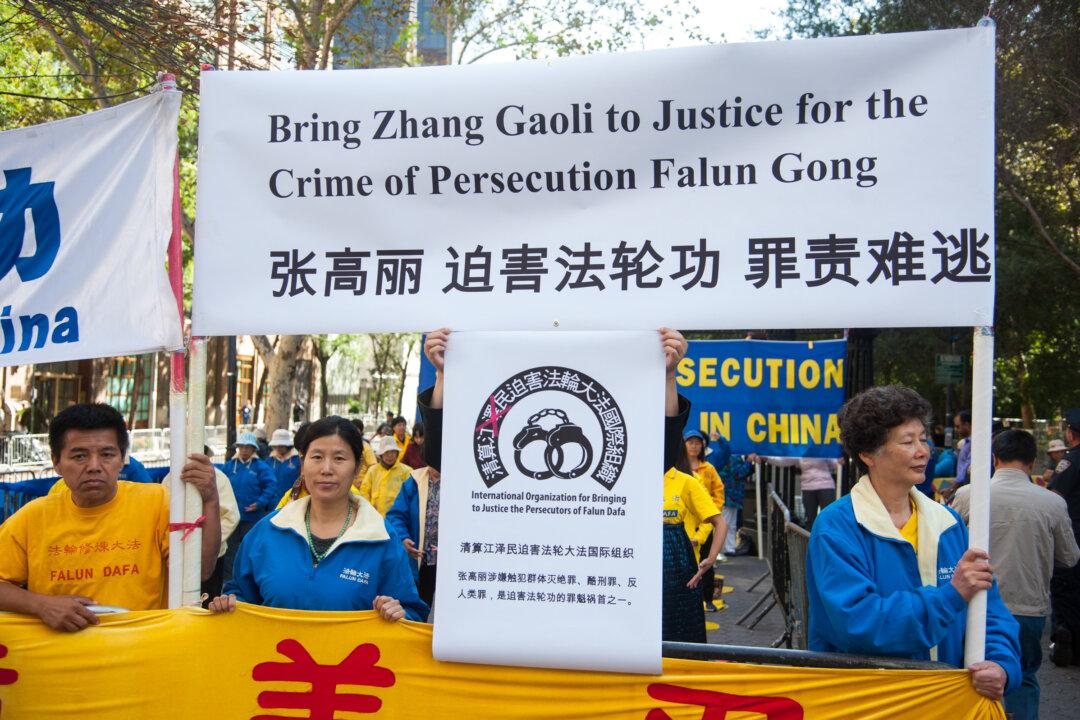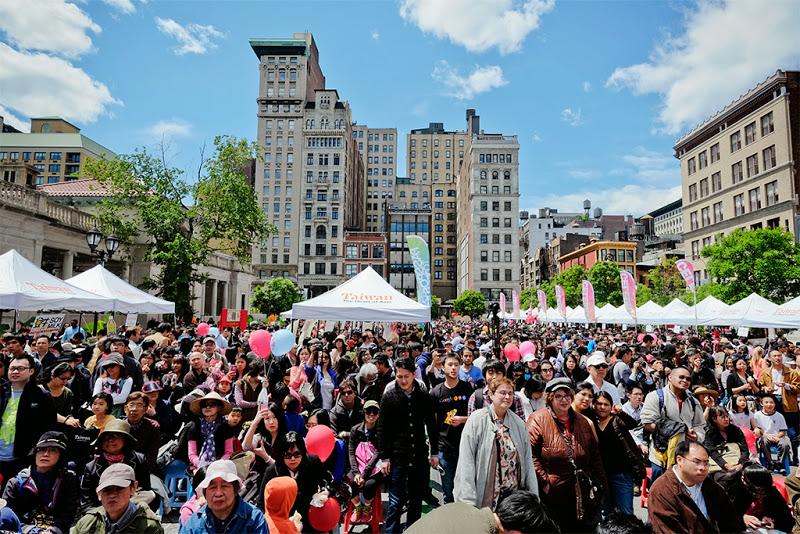NEW YORK—There’s a letter waiting at Chinese Vice Premier Zhang Gaoli’s presidential suite at the Waldorf Astoria, pleading for the release of democracy activist Wang Bing Zhang, imprisoned in Chinese solitary confinement since 2002.
“We wanted to deliver that letter in person to Mr. Zhang, but were told that that’s not possible,” said Wang’s younger brother, Wang Bing Wu, 56, an engineer, “I feel sad, because we could not meet Mr. Zhang in person as we had wished. ... My brother has suffered three strokes in prison—we’re pleading for his health conditions.”
Zhang, who is the third-highest ranking official in the People’s Republic of China, is in town for the U.N.’s Climate Change summit. The PRC head of state, Xi Jinping, stayed home.
Wang Bing Zhang was abducted from Vietnam and sentenced to life in prison in Guangzhou, China, after giving up his career as a surgeon to form two pro-democracy movements in New York and overseas. According to his younger brother, the Chinese regime fabricated two charges for Bing Zhang’s prison sentence—espionage and terrorism.
“My brother is already 66 years old,” said Bing Wu, who traveled down from Canada with his older sister to see the vice premier.
“We hope they recognize it should be a democratic process. We’re here to make a plea to let him go and reunite with his family,” he added, having been refused to enter China last month.
The last time he saw his brother was in February. Their mother passed away three years ago, and although Chinese officials promised otherwise, Bing Zhang was not released to attend the funeral.





